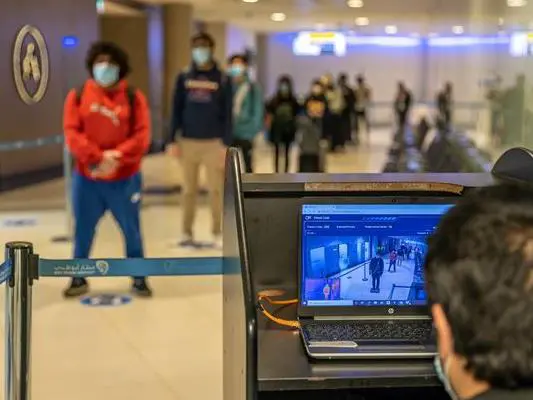The 8th Beijing International Film Festival (BJIFF) officially began on April 15 with superstars including Shu Qi, Du Juan and the Wolf Warrior himself, Wu Jing, walking the red carpet and an opening ceremony that included a performance by Wang Leehom, best known to Western audiences for his roles in Ang Lee's "Lust, Caution" and Michael Mann's "Blackhat."
24 hours later, however, things took on a more serious tone as business meetings began to take center stage, starting with the Sino-Foreign Film Co-Production Forum.
Lasting for 90 minutes, and split into two halves, the forum focused on two topics: "How do co-productions take larger markets into consideration?" and "Cross-cultural joint creation."
The first section featured Sony Pictures' Steven O'Dell, Johannes Rixon from the European Filmmakers Club, and Wang Zhonglei, co-founder, deputy chairman and CEO of Huayi Brothers Media Corp. – better known to most simply as H. Brothers.
As three powerful figures representing the production side of the film industry, their talk focused on the importance of markets and finding an audience within. They spoke realistically about the volatility of the industry and what can be done to mitigate those aspects. For example, 3D cinema has flourished in China, meaning it was possible to use that as a selling point on films that otherwise wouldn't do so well, but as that market has started to close, filmmakers are no longer able to rely on it as much as they once did.
March 24, 2017: Wang Zhonglei, vice chairman, president and co-founder of Huayi Brothers Media Corp., pauses during an interview on the sidelines of the Boao Forum for Asia Annual Conference 2017 in Boao, China.
Not unsurprisingly, Wang spoke about the importance of co-operation between production companies, stressing that American and European companies have had bigger hits in China after working with Chinese production companies than they did when they tried to make a Chinese hit on their own.
The second half, however, from my perspective, was more interesting as it involved more creative talent, namely Fyodor Bondarchuk, Renny Harlin and Rob Minkoff.
Bondarchuk, following in his father's footsteps, is a popular Russian actor and director; Harlin is a Finnish director best known for his work in America, with movies such as "Die Hard 2" and "Cliffhanger," and who is now focused on making films in China; and Minkoff directed "The Forbidden Kingdom" with Jackie Chan and Jet Li, but is best known for his work in animation, such as co-directing the Academy Award-winning "The Lion King" for Disney.
Even before they began, seeing three different nationalities on stage was a reminder that China is a major film market not just for the US but the whole of world cinema.
As important as it is to note that "Furious 7" made an incredible 353 million US dollars domestically but then went on to make 390 million US dollars in China, films from smaller territories like "Vier Gegen Die Bank" from Germany's Wolfgang Petersen get national releases in China, even when (as in this case) they get snubbed by American cinemas.
Sept. 21, 2016: Renny Harlin speaks at the 3rd Silk Road International Film Festival held in Xi'an, Shaanxi Province.
As with the first half, the directors spoke about the difficulties in making a film that appeals to both China and the US, but their belief can be summed up best as approaching a film with honesty.
Minkoff, in particular, spoke of the universal appeal of Bruce Lee: He isn't still beloved in the West because he's Chinese, but because he's authentically cool and that is something that audiences worldwide can understand and enjoy. Likewise, Harlin told a story about how the screenplay for his latest film, "Bodies At Rest," was modified so many times in an attempt to make the story appeal to both American and Chinese audiences that it lost all its interesting elements and needed to be rewritten almost completely in order to make it feel genuine again.
At the end of the event, one thing was clear: Even if the expansion of the Chinese audience has added a lot of uncertainty to the world of cinema, it has also increased the possible rewards, and that makes the risks worthwhile. With that in mind, the forum officially opened and co-production deals began getting made.
The BJIFF continues until April 22.
(CGTN)
 简体中文
简体中文

